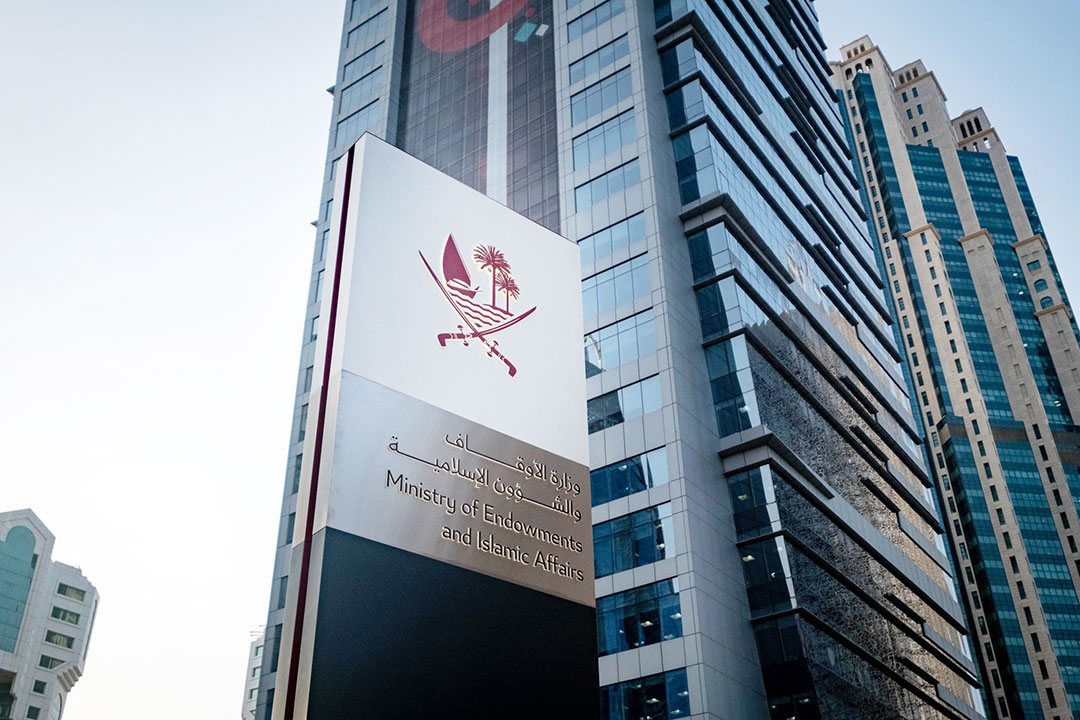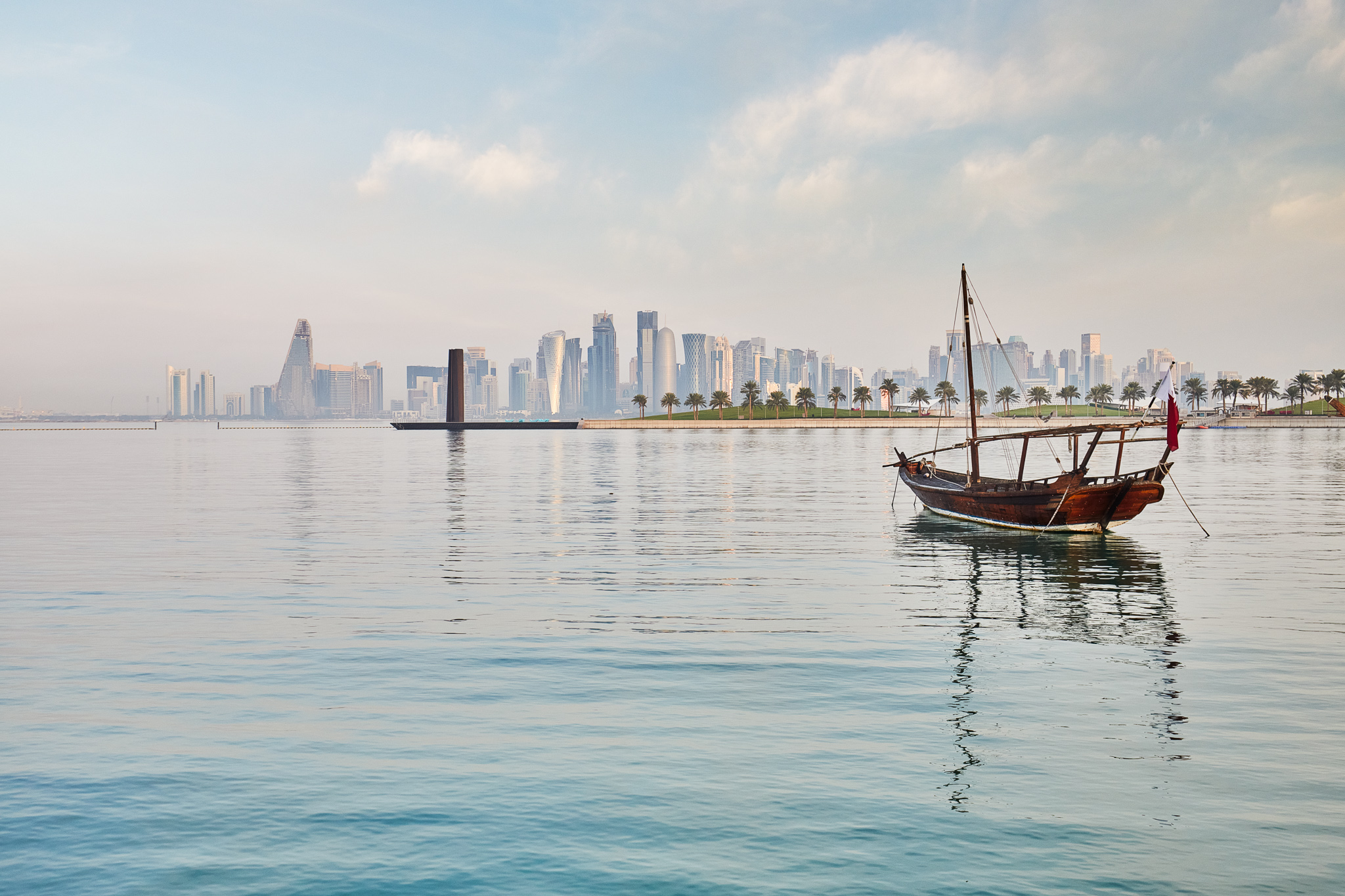World Cup organisers could lean towards a more flexible approach when it comes to fans committing minor offences, sources reveal.
World Cup fans visiting Qatar for the much-awaited tournament may not face jail for committing minor offences, a source familiar with the matter told Reuters.
Though the competition’s enforcement plan is yet to be finalised, new statements by government officials indicate that the Gulf nation is leaning towards a relatively more lenient side when it comes to particular offences.
Drinking in public places in Doha could lead to a fine of up to 3,000 QAR or jail term of up to 6 months. It is also prohibited to display public affection or wear revealing clothes not in line with Islamic guidelines.
However, if such tolerance is adopted, this may not be the case during the World Cup later this year.
The report cites officials from the Supreme Committee for Delivery & Legacy [SC] who reportedly assured diplomats and police from various countries taking part in security operations that they plan to show flexibility for relatively minor infringements.
“Minor offences won’t result in a fine or arrest, but police will be instructed to go to a person and ask him or her to comply […] someone who removes a t-shirt in public will be asked to put it back on. There is some sort of tolerance,” a person familiar with Qatari security briefings told Reuters.
The latest position suggests that Qatar is attempting to strike a balance between upholding religious customs while still tolerating more than the expected exuberance of a million football fans.
Doha News reached out to the Government Communications Office and SC for a comment but did not receive one at the time of publication.
Global survey demands FIFA compensate World Cup migrant workers despite lack of support by federations
International acceptance vs local disruption
As thousands wait for the organisers to publicly clarify their approach to policing during the tournament, ‘please-all’ policies appear to be almost impossible to implement given the stark difference in cultures and beliefs.
A western diplomat told the Toronto-based agency that while the “increased leniency pleases the international community, it might still upset conservatives inside the country.”
Despite the latest comments, many embassies have continuously warned fans that they could face punishment for behaviour that may be tolerated elsewhere.
“Remember, while you’re in Qatar, you are subject to local laws,” U.S. diplomat Morgan Cassell said in a YouTube video.
“Arguing with or insulting others in public could lead to arrest. Activities like protests, religious preaching, advocacy of atheism and criticism of the government of Qatar or the religion of Islam may be criminally prosecuted here. That applies to your social media posts, too,” Cassell added.
Defying laws and policies related to safety, however, will not be tolerated.
World Cup organisers have briefed diplomats on police plans for stronger action when the safety of people or property is threatened, according to numerous diplomats.
Even if there are no significant injuries, fans who engage in behavior, such as using flares or fireworks that could cause damage or getting into a fight, risk fines and the cancellation of their “Hayya card” – which allows them to enter Qatar and stadiums.







